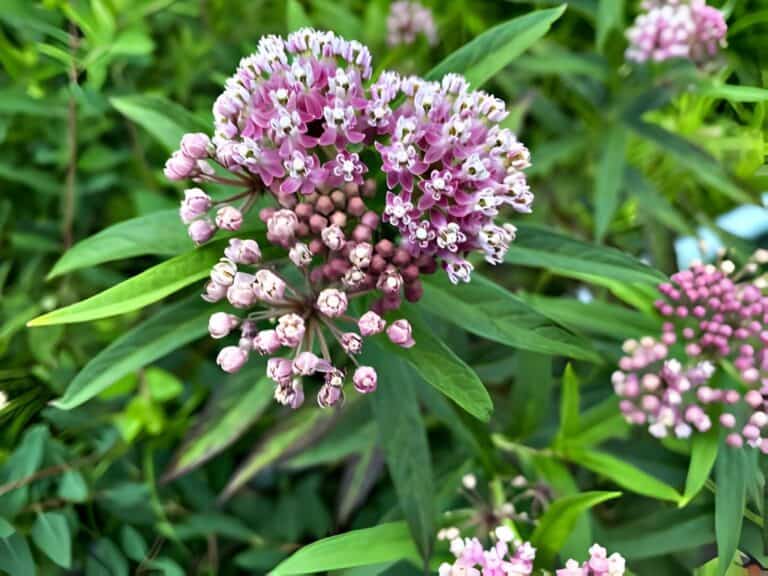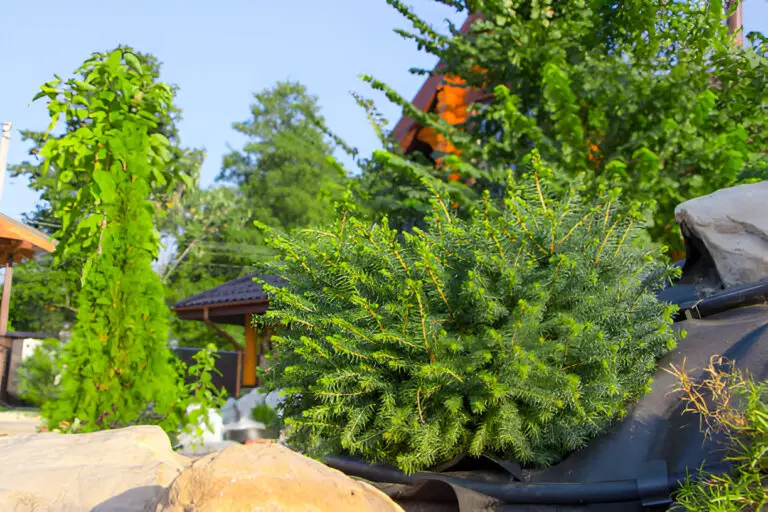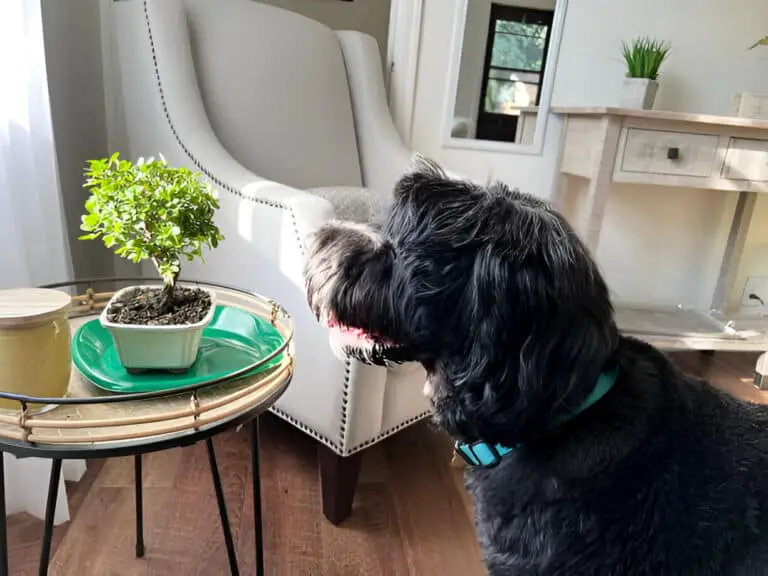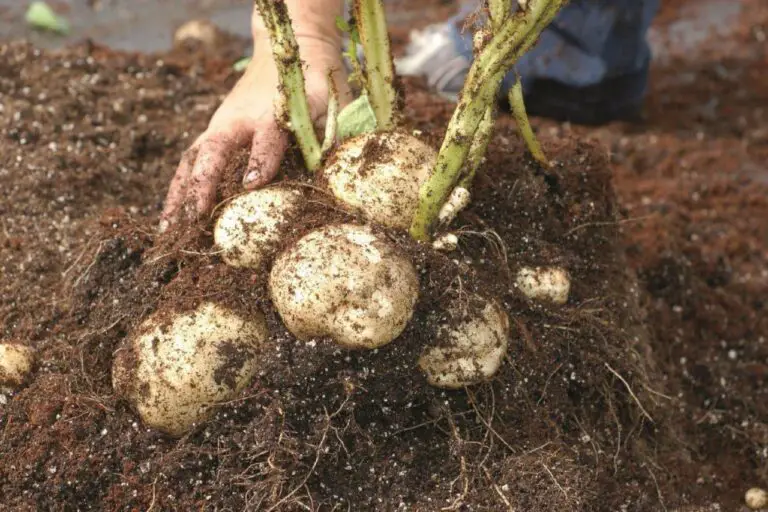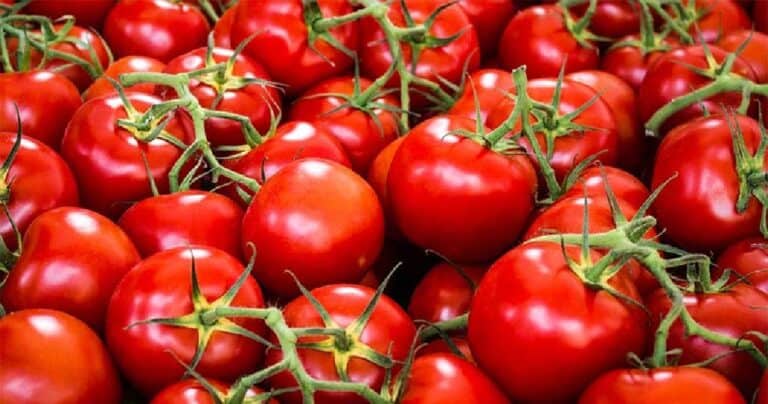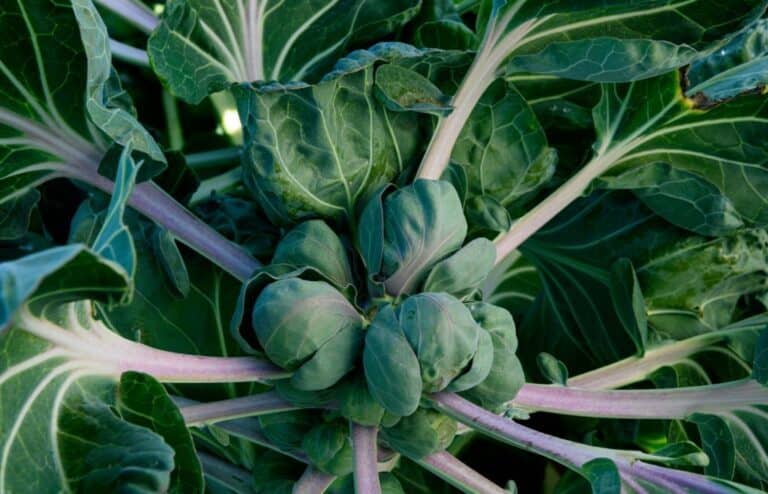Should You Soak Poppy Seeds Before Planting? The Secret to Better Germination
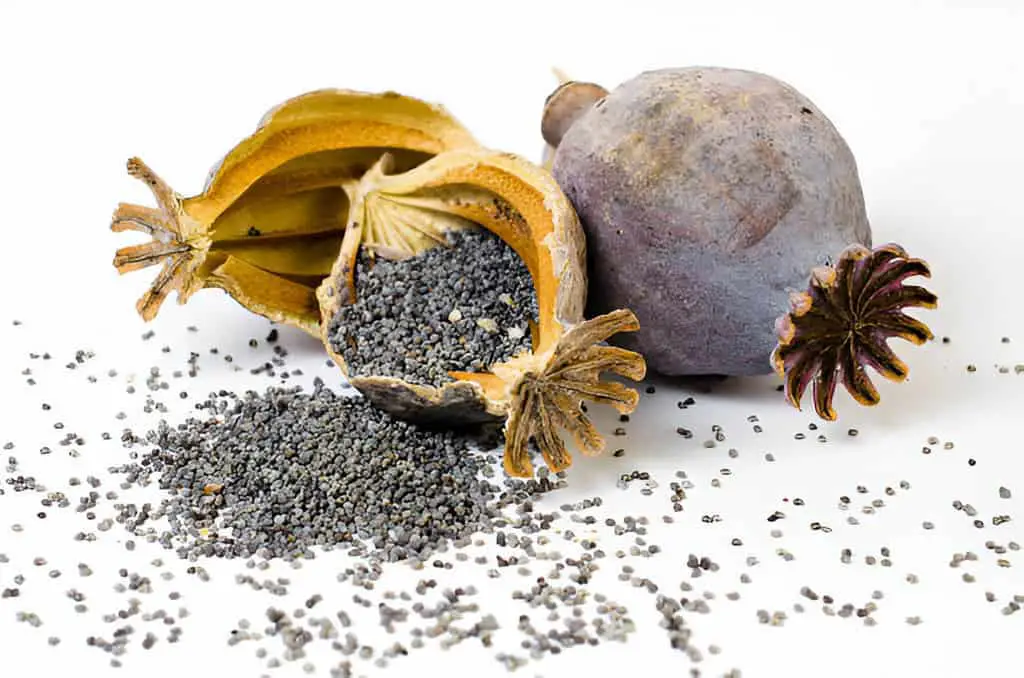
When it comes to growing beautiful, vibrant poppies, every gardener wants to get the best results. One question that often comes up is whether or not to soak poppy seeds before planting.
While it may seem like a simple step, it could make a world of difference in the seed germination process. Understanding how to give your poppy seeds the best start will set the stage for a lush, colorful garden.
But is soaking really necessary, or is it just another gardening myth? Could skipping this step affect your chances of success?
In this article, we’ll explore the science behind soaking poppy seeds and other techniques that may help them sprout more effectively. Keep reading to discover whether soaking is truly the secret to better germination.
The Poppy Seed Puzzle
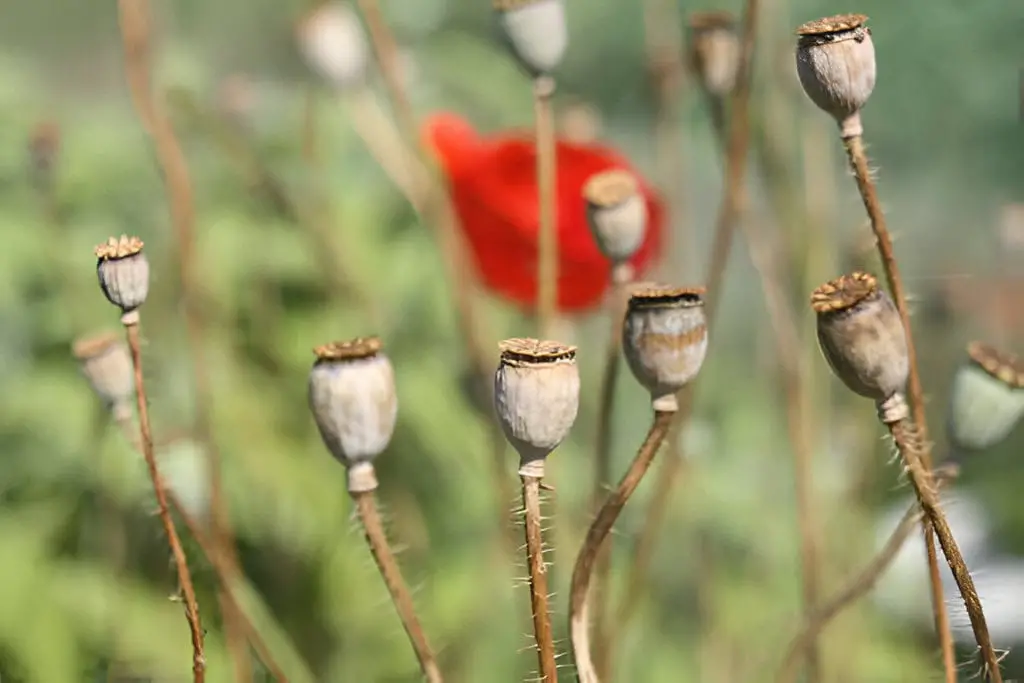
Poppy seeds, despite their tiny size, often present a puzzling challenge for gardeners. These little seeds come encased in a hard outer shell, which can make the germination process slow and unpredictable.
Sometimes, this tough outer layer is a stubborn barrier. It makes it hard for the seeds to absorb moisture and sprout. Gardeners may wait, hoping the seeds will grow.
This is where soaking seeds becomes a game-changer. Soaking poppy seeds in water before planting softens their hard shell. This gives them a better chance to swell and start germinating.
Soaking acts like a wake-up call for these sleepy seeds, ensuring that more of them will sprout in a timely manner. It’s a simple yet powerful technique that transforms the seed from a dormant puzzle piece into a thriving part of your garden.
Why Soaking Poppy Seeds Helps
Soaking poppy seeds is akin to giving them a warm cup of coffee to wake them up. This process softens the tough seed coat, allowing moisture to penetrate more easily. As a result, the seeds are more likely to germinate quickly and evenly. This method is not only effective but also remarkably simple. Here’s how soaking improves your gardening efforts:
Why Soaking Poppy Seeds Helps
Soaking poppy seeds is akin to giving them a warm cup of coffee to wake them up. This process softens the tough seed coat, allowing moisture to penetrate more easily. As a result, the seeds are more likely to germinate quickly and evenly. This method is not only effective but also remarkably simple. Here’s how soaking improves your gardening efforts:
| Benefit | Explanation |
| Softens Seed Coat | Soaking helps break down the hard outer shell. |
| Speeds Up Germination | Seeds absorb water better, leading to quicker sprouting. |
| Enhances Uniformity | More seeds sprout at the same time for consistent growth. |
| Also check: Do You Need to Soak Dill Seeds before Planting? |
My Soaking Poppy Seeds Success Story
I remember my first attempt at growing poppies, and let me tell you, it was a bit of a rollercoaster. I had skipped the soaking step, thinking it wasn’t necessary. The results were anything but reliable. Some seeds sprouted quickly, eager to live. Others, however, stayed dormant. This left me with a patchy garden.
It wasn’t until I stumbled upon the idea of soaking poppy seeds that I decided to give it a go. The change was remarkable. Soaking the seeds not only sped up the germination process but also ensured that nearly every seed had a chance to grow. My garden transformed into a stunning tapestry of vibrant colors, thanks to the better germination rates. No longer were there just a few scattered blooms.
Soaking made a big difference. It softens the hard seed coat. This allows more seeds to sprout. It leads to a fuller, more beautiful display of poppies.
How to Soak Poppy Seeds
Getting your hands dirty is part of the fun in gardening, and soaking poppy seeds is no different. Here’s a step-by-step guide that I’ve found useful:
- Gather Your Materials: You’ll need a small bowl and some lukewarm water. Avoid hot water, which could shock the seeds.
- Soak the Seeds: Place your poppy seeds in the bowl and cover them with water. Let them soak for about 12 to 24 hours. This duration gives the seeds ample time to soften.
- Drain and Dry: After soaking, drain the water and spread the seeds out on a paper towel. Allow them to dry before planting. This prevents them from being too wet, which can lead to mold or rot.
Alternate Methods to Enhance Poppy Seeds Germination
When it comes to germinating poppy seeds, gardeners have a few tricks up their sleeves. While soaking the seeds in water is a common technique, there are other methods that can be just as effective—or even more so—depending on the situation. Let’s dive into a comparison of these methods.
Soaking vs. Other Techniques
- Scarification: This method lightly scratches the seed coat. It helps water penetrate and speeds up germination. It’s particularly useful for seeds with tougher exteriors.
- Cold Stratification: By simulating winter conditions, gardeners can “trick” to stratified the poppy seeds into germinating when the weather warms. This technique is often used for poppies that naturally thrive in colder climates.
| Technique | Pros | Cons |
| Soaking | Simple and quick | Not effective for all seed types |
| Scarification | Speeds up germination for tough seeds | Requires extra tools and time |
| Cold Stratification | Ideal for cold-weather poppies | Time-consuming (weeks of cold storage) |
Pros and Cons
Each method has its own advantages. Soaking is straightforward and works well for many varieties, but scarification is great for more stubborn seeds. Cold stratification, on the other hand, mimics the natural cycle but takes much longer.
When Soaking Isn’t Necessary
In certain soil conditions, such as well-draining or slightly sandy soils, soaking may not be needed. The natural moisture of the soil might be enough to kickstart the germination process without additional help.
Additional Tips for Growing Poppies
While soaking is a fantastic start, here are a few more tips I’ve picked up along the way:
- Choose the Right Soil: Poppies thrive in well-draining soil. I mix in some sand or perlite to ensure proper drainage.
- Timing Matters: Plant poppy seeds in early spring or late fall. They need a period of cold to germinate well, so timing your planting is crucial.
- Avoid Overwatering: Poppies prefer a dry environment once established. Overwatering can lead to root rot, so keep the soil just moist enough.
Planting Tips Table
| Requirement | Poppy’s Preference |
| Soil Type | Well-draining, sandy or loamy |
| Watering | Allow soil to dry out between waterings |
| Planting Time | Early spring or late fall for best results |
Conclusion
Soaking poppy seeds before planting turned out to be the secret ingredient for my garden’s success. It’s a simple yet powerful step that transformed my poppy-growing experience from a gamble to a surefire strategy.
Gardening is all about experimentation and learning, and soaking seeds is one of those little tricks that can make a world of difference. If you’re ready to see your garden bloom with vibrant poppies, give soaking a shot. You might just discover that it’s the key to unlocking your garden’s full potential.
Happy gardening!

